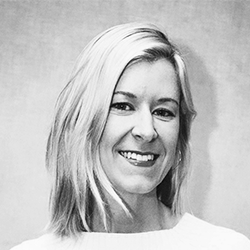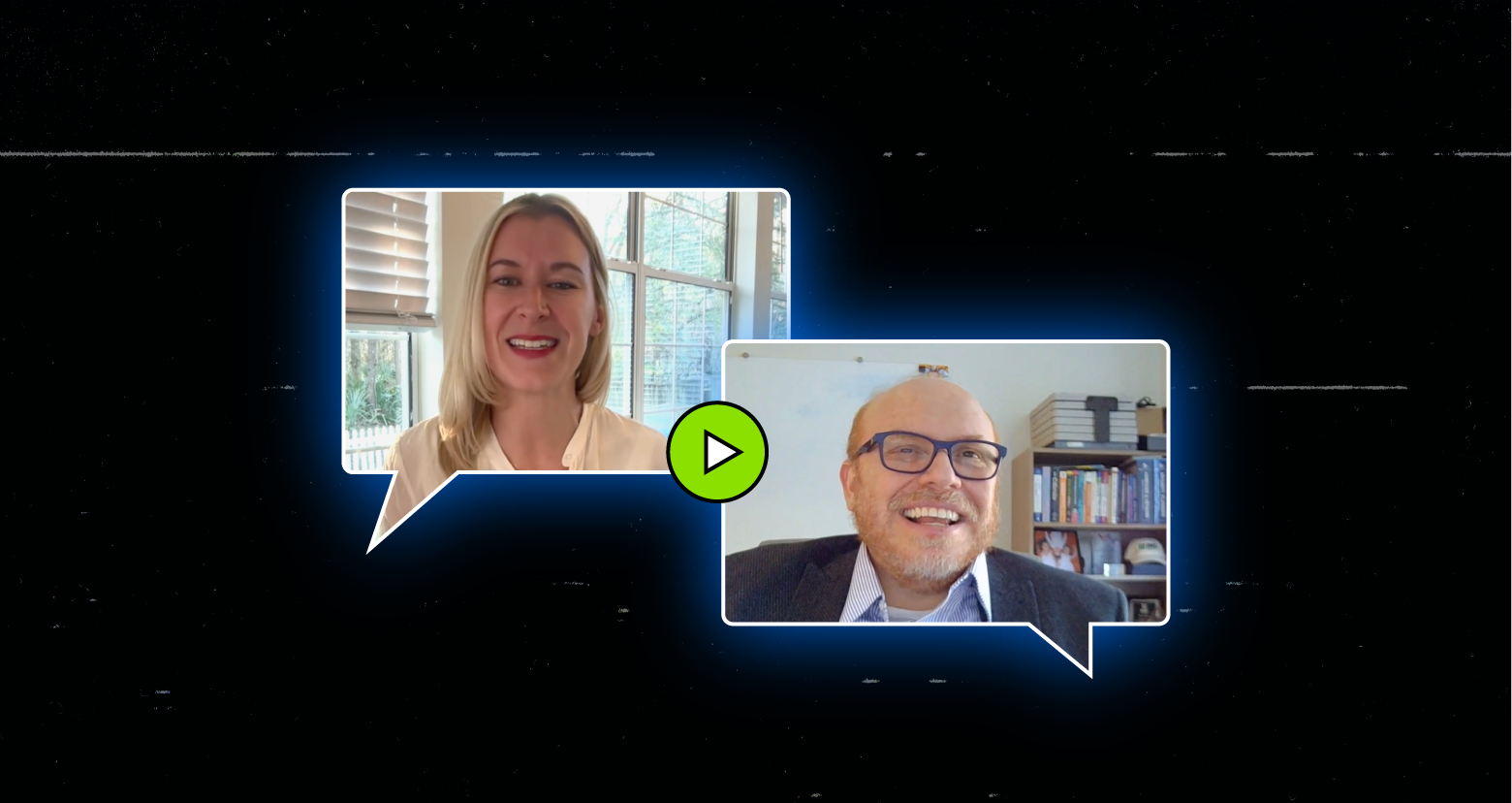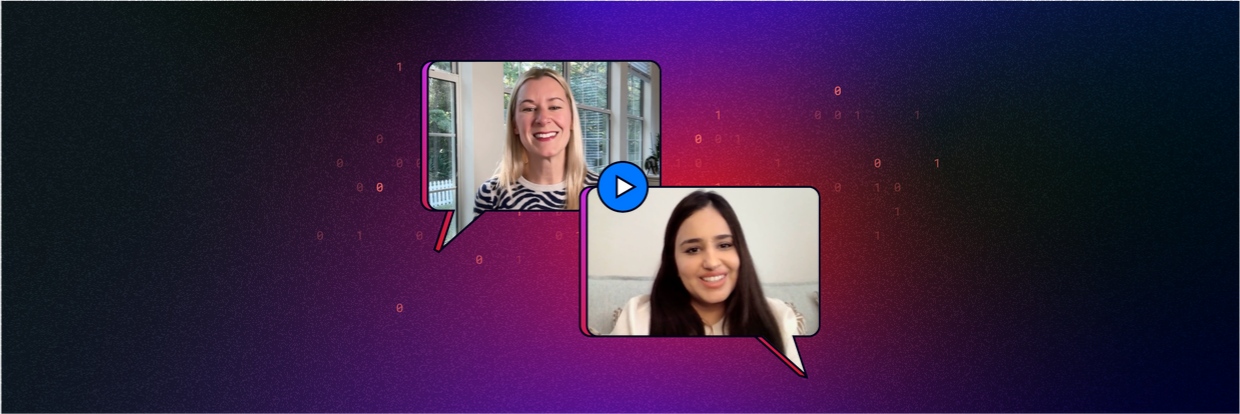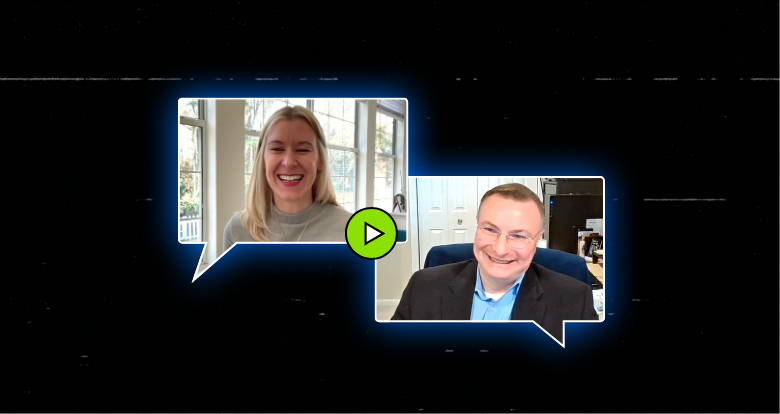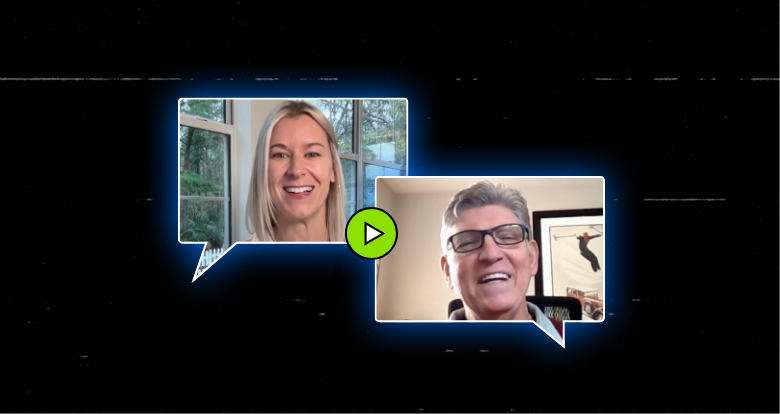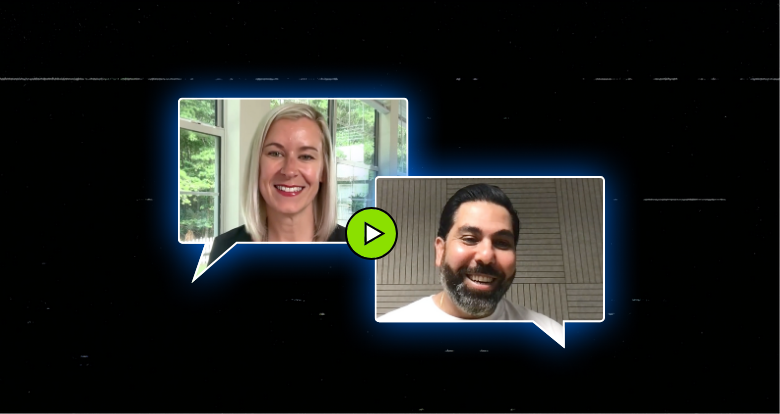Welcome to Speed Data: Quick Conversations With Cybersecurity Leaders. Like speed dating, our goal is to capture the hearts of CISOs with intriguing, unique insight in a rapid format for security professionals pressed for time.
Our guest for this episode is a taco-loving tech leader, Dr. David Ulloa, Chief Security Information Officer at IMC Companies. David shared with host Megan Garza the best line of defense against a sophisticated threat actor and the most important skills a security leader can possess.
The part-time pastor with a doctorate in philosophy also chatted about how AI will impact the future of cybersecurity and why his love for cooking could land him in the driver’s seat of a food truck one day.
The maturity of cybersecurity
On the surface, the concept of cybersecurity may seem relatively new; the industry has only started to grow in the past few decades.
But just as a rose by any other name would smell as sweet, “cybersecurity” is just as important as its predecessor, basic security. People have been protecting data since the dawn of the computer age.
‘Cybersecurity’ as we know it today is not that old. When I was going for my bachelor’s, security was just part of the things you were supposed to do anyway — it was just not called cybersecurity at the time.
Since then, the threat landscape changed drastically.
“It’s more sophisticated,” said Dr. David Ulloa, Chief Security Information Officer at IMC Companies. “When I was in college, the security threats were someone connected to a company and printed out a document on their computer."
"But now there is ransomware and persistent attacks, and it’s just the wild west. The situations we’re seeing today, in 10 years, will be like a baby can do it.”
AI will exceed our expectations.
Like many industry experts, David expects artificial intelligence will significantly impact the future of cybersecurity.
“With quantum computing and all of the developments in AI and ML, this will become more interesting, to say the least,” David said.
Today, malicious actors are using AI to attack, impersonate, you name it. I think AI is going to change the landscape, and it’s going to change how we respond and protect our resources.
“What AI can do today is amazing. Back in the ‘80s, you would see movies like ‘WarGames,’ that was the AI of the day — and was awesome — but this surpasses our imagination.”
A cyber coat of armor
The best line of defense against a changing framework is to equip yourself with as much knowledge as possible, David said.
“You don’t know what you don’t know, so the more you open your mind and renew it with constant training and learning, that’s how you’ll get there — the most important thing is to keep learning.”
David touts business knowledge as a top skill cybersecurity leaders must possess. “The better cybersecurity engineers I’ve worked with are those that are able to touch all spaces, technical (network, coding, etc.) and business knowledge; having all the background helps us to keep our customers and organization secure.”
“You cannot stop learning because the landscape is changing, the technology is changing, and the threats are changing. You cannot stay stagnant: keep growing, keep growing. That’s going to be the key.”
What should I do now?
Below are three ways you can continue your journey to reduce data risk at your company:
Schedule a demo with us to see Varonis in action. We'll personalize the session to your org's data security needs and answer any questions.
See a sample of our Data Risk Assessment and learn the risks that could be lingering in your environment. Varonis' DRA is completely free and offers a clear path to automated remediation.
Follow us on LinkedIn, YouTube, and X (Twitter) for bite-sized insights on all things data security, including DSPM, threat detection, AI security, and more.
